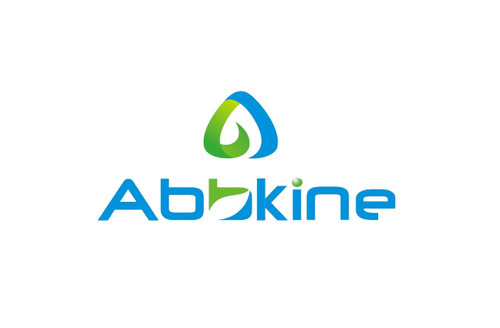Product Description
Mouse Agrin (AGRN) ELISA Kit | AE24297MO | Abebio
Species Reactivity: Mouse (Mus musculus)
Abbreviation: AGRN
Alternative Name: RP11-54O7.13; FLJ45064; agrin proteoglycan
Application: ELISA
Range: 0.312-20 ng/mL
Sensitivity: 0.078 ng/mL
Intra-Assay: ≤4.8%
Inter-Assay: ≤7.8%
Recovery: 0, 97
Sample Type: Serum, Plasma, Other biological fluids
Detection Method: Sandwich
Analysis Method : Quantitive
Test Principale: This assay employs a two-site sandwich ELISA to quantitate AGRN in samples. An antibody specific for AGRN has been pre-coated onto a microplate. Standards and samples are pipetted into the wells and anyAGRN present is bound by the immobilized antibody. After removing any unbound substances, a biotin-conjugated antibody specific for AGRN is added to the wells. After washing, Streptavidin conjugated Horseradish Peroxidase (HRP) is added to the wells. Following a wash to remove any unbound avidin-enzyme reagent, a substrate solution is added to the wells and color develops in proportion to the amount of AGRN bound in the initial step. The color development is stopped and the intensity of the color is measured.
Product Overview: Agrin is a large proteoglycan whose best characterised role is in the development of the neuromuscular junction during embryogenesis. Agrin is named based on its involvement in the aggregation of acetylcholine receptors during synaptogenesis. This protein has nine domains homologous to protease inhibitors. It may also have functions in other tissues and during other stages of development. It is major proteoglycan component in glomerular basement membrane and may play a role in the renal filtration and cell-matrix interactions.This protein binds to several receptors on the surface of skeletal muscle. The receptor which seems to be required for formation of the neuromuscular junction (NMJ) is called the MuSK receptor (Muscle specific kinase) .
Stability: The stability of ELISA kit is determined by the loss rate of activity. The loss rate of this kit is less than 5% within the expiration date under appropriate storage condition. The loss rate was determined by accelerated thermal degradation test. Keep the kit at 37°C for 4 and 7 days, and compare O.D.values of the kit kept at 37°C with that of at recommended temperature. (referring from China Biological Products Standard, which was calculated by the Arrhenius equation. For ELISA kit, 4 days storage at 37°C can be considered as 6 months at 2 - 8°C, which means 7 days at 37°C equaling 12 months at 2 - 8°C) .
 Euro
Euro
 USD
USD
 British Pound
British Pound
 NULL
NULL








